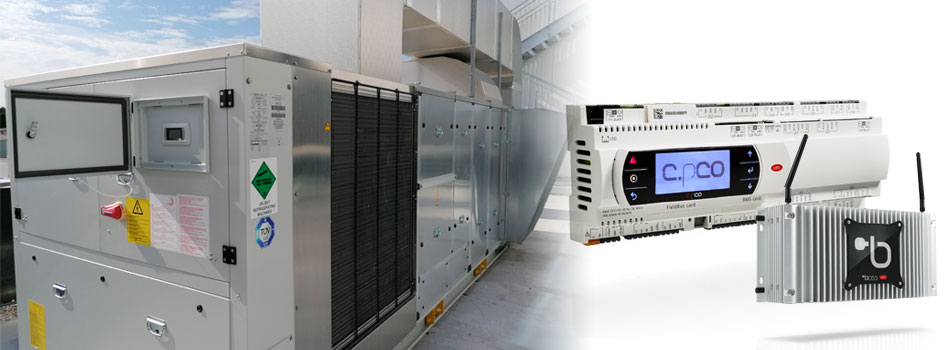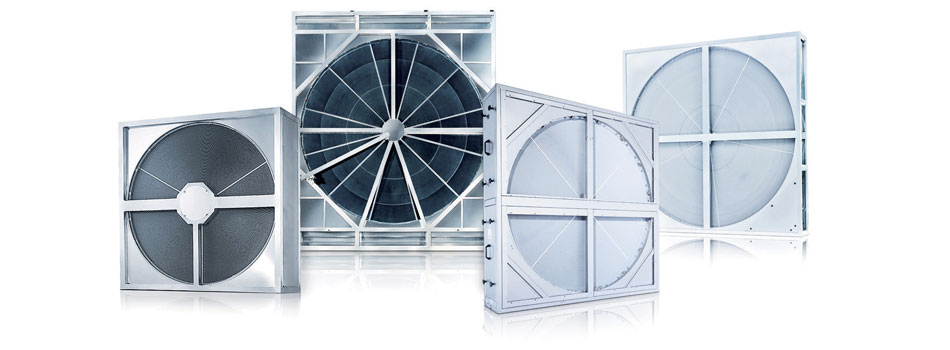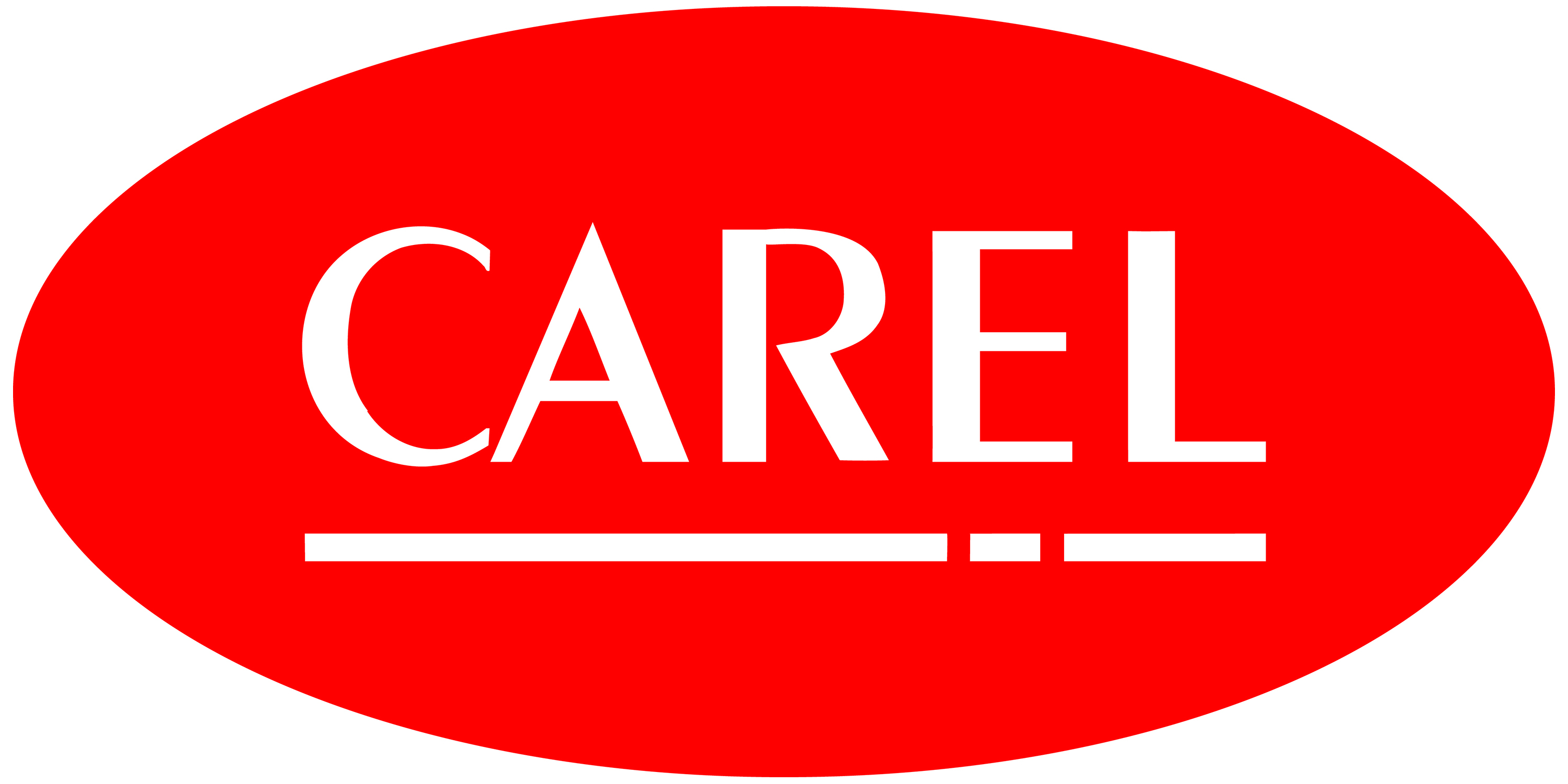Rotative heat exchangers management on RT application with IAQ monitoring
The cleanliness of the air we breathe daily affects our lives but is something we seldom give the importance it deserves. On average, a person spends 90% of their time indoors, and indoor air quality dramatically affects our health, ability to concentrate, productivity, mental and physical well-being, and comfort.
For many buildings, offices or other commercial facilities, but also in residential environments, energy efficiency is the only factor considered at the design stage, with the positive economic and environmental result of having a building with very efficient insulation and low air exchange to keep air conditioning consumption down. However, the national building heritage often needs more ventilation to guarantee the minimum air changes per person recommended by regulations. Worse still, the same rule of ventilation systems usually needs to take the environmental parameters that determine air quality, such as humidity, dust concentration, VOC or CO2, into account but is governed solely by temperature regulation requirements.

CAREL's IAQ probes can be room or duct type, with Modbus or Wi-Fi connection, and detect the 5 main parameters that determine air quality, for maximum installation flexibility. The boss range of monitoring systems also offers various models based on the number of devices to be monitored.
By using boss, the user has complete visibility of the connected probes, both locally on a computer and on Wi-Fi and remotely, with dedicated graphical screens and the possibility of setting alarms and notifications. Supervising all indoor air quality parameters is essential for understanding whether the right conditions for ensuring the health and safety of people inside the building are being met. However, being aware of an air quality problem is the first step. For this reason, CAREL also offers electronic controls for ventilation systems, suitable for both retrofits and new installations, which update the control logic to take account the IAQ parameters. Among others, CAREL programmable controllers designed to manage rooftop units already have built-in libraries that correctly manage IAQ sensors and adjust according to their signal.

The controls can be connected to the boss monitoring system so that local and remote management capabilities can be extended from the sensors alone to the entire ventilation system.
The increasing importance of creating comfortable and safe environmental conditions is driving the need to find solutions to do so sustainably. Rooftop machines can exploit the latest technologies to increase efficiency and reduce consumption.
Units incorporating high-efficiency systems based on BLDC compressors and electronic valve control can significantly reduce energy consumption and are easily integrated into CAREL's range of programmable controllers.
Furthermore, high efficiency is further contributed by heat recovery systems.
Rotary heat exchangers are the most efficient systems for recovering thermal energy, regardless of the application. No other system can match its performance when large volumes of airflow are involved. Our rotors achieve efficiencies of up to 85%. Energy and, therefore, cost savings are considerable.
The new RRU ECO can provide more power with less pressure loss without affecting the cross-sectional area of the HVAC system. The housing is fabricated with millimetre precision without protrusions.

Finally, an increasingly important issue is the commissioning and maintenance of the unit to maintain the efficiency and comfort levels of rooftop machines over time.
To support customers on this issue, CAREL has developed APPLICA, an app designed to simplify the start-up and maintenance of HVAC/R units by guiding users quickly and easily. During initial start-up, pre-configured parameter formulas tested by qualified personnel are available to field personnel to be loaded into the unit with a single “click”.
Moreover, all data from the unit can be accessed by the user in real time on a mobile device to check working conditions, graphs, alarms, etc. Analysis performed on the machine makes it possible to understand whether or not performance specifications are being met and, by acting directly on the parameters, its operation can be improved, thus achieving much faster and safer machine start-up.

During routine / special service operations, on the other hand, a unit diagnostic can be carried out in a guided manner.
Furthermore, it is possible to download and share the unit's parameters, alarms and log data with the technical staff of the unit's manufacturer (OEM) through the Internet connection, allowing for a more expert or multi-“minded” analysis.
